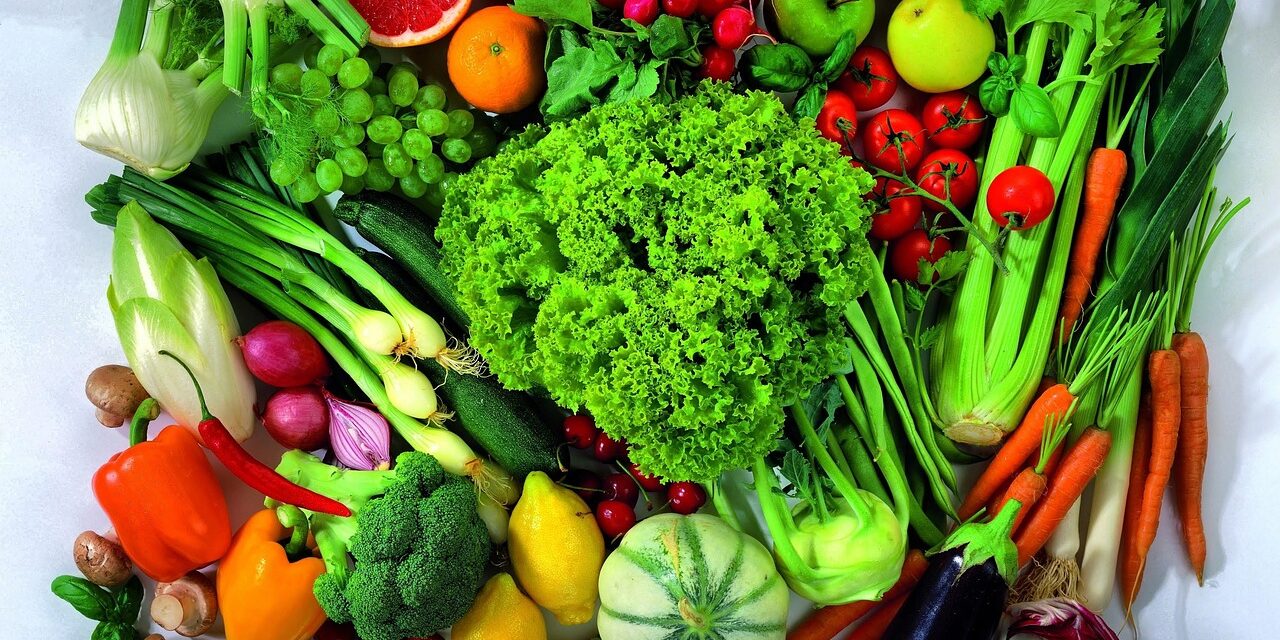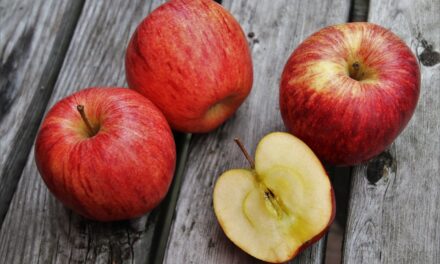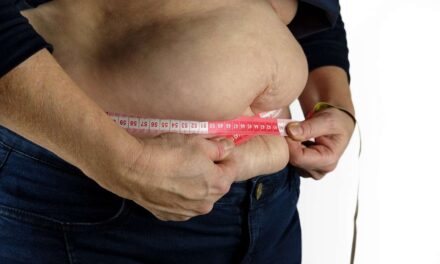As we cross the milestone of 50, many of us find that losing weight becomes a more challenging endeavor. It’s not just about the numbers on the scale; it’s a quest for better health, increased energy, and a higher quality of life as we age. Understanding the best ways to lose weight after 50 requires a blend of knowledge, adjustment to our body’s changes, and a tailored approach to both diet and exercise.
Why is weight loss more challenging after 50? The reasons are manifold – from hormonal changes to a natural decline in muscle mass and a slower metabolism. But the good news is, with the right strategies and mindset, achieving and maintaining a healthy weight is entirely possible. This article aims to demystify weight loss after 50, providing practical, evidence-based advice to help you on your journey. Whether you’re looking to rejuvenate your current routine or starting from scratch, we’re here to guide you through the process with expert insights and actionable tips.
So, let’s dive into the world of weight loss after 50, uncover the most effective strategies, and explore how you can adapt these to fit your unique lifestyle and health goals. The path to a healthier you is not just a dream – it’s a well-marked trail waiting for your first step.
The Science and Strategies of Weight Loss After 50
Understanding Your Body’s Changes
One of the first steps to effective weight loss after 50 is understanding how your body has changed. Hormonal fluctuations, especially in women going through menopause, contribute significantly to weight gain, particularly around the abdomen. In men, decreasing testosterone levels can lead to a loss of muscle mass and an increase in body fat. These hormonal changes are often accompanied by a slower metabolism, meaning the body burns fewer calories at rest. Recognizing these changes is crucial in setting realistic weight loss goals and creating a plan that works for you.
Adapting Your Diet for Effective Weight Loss
Nutrition plays a pivotal role in weight loss at any age, but it’s especially crucial after 50. A balanced diet rich in lean proteins, whole grains, fruits, vegetables, and healthy fats is key. It’s also important to watch portion sizes and reduce the intake of processed foods, sugary treats, and high-calorie beverages. Hydration is another critical factor – often overlooked – that aids in weight management. Remember, dietary needs vary significantly from person to person, so it’s essential to find a plan that suits your individual needs.
Integrating Effective Exercise
Exercise is a vital component of any weight loss strategy, but it’s not just about burning calories. After 50, incorporating a mix of cardiovascular, strength training, and flexibility exercises can help combat muscle loss, boost metabolism, and improve overall fitness. Cardio exercises like walking, swimming, or cycling are great for heart health, while strength training helps build muscle mass, crucial for a higher resting metabolic rate. Flexibility and balance exercises, such as yoga or Tai Chi, are also beneficial for overall mobility and injury prevention.
Addressing Sleep and Stress
Often underestimated, sleep and stress significantly impact weight management. Poor sleep can disrupt appetite-regulating hormones, leading to increased hunger and cravings. Chronic stress can lead to comfort eating and weight gain. Managing these through mindfulness, relaxation techniques, and ensuring adequate sleep can play a significant role in successful weight loss.
Seeking Professional Guidance
Consulting with healthcare professionals like dietitians, personal trainers, or doctors can provide personalized advice and support. They can help identify any underlying health issues that might be affecting your weight and provide guidance tailored to your specific health conditions and lifestyle.
Adopting these strategies requires patience, commitment, and a positive mindset. Remember, the goal is not just weight loss, but also enhanced overall health and well-being.
Key Takeaways
Losing weight after 50 can be a fulfilling journey towards a healthier and more vibrant you. Here are some key takeaways to keep in mind:
- Embrace the Changes: Understand and accept your body’s changes after 50. Tailor your weight loss plan to these changes for more effective results.
- Balanced Diet: Focus on a nutritious, balanced diet that suits your lifestyle and dietary needs. Portion control and hydration are key.
- Regular Exercise: Incorporate a mix of cardio, strength training, and flexibility exercises into your routine to boost metabolism and maintain muscle mass.
- Manage Sleep and Stress:
Prioritize good sleep and manage stress to avoid hormonal imbalances that can lead to weight gain.
- Seek Expert Advice: Don’t hesitate to consult with healthcare professionals for personalized guidance and support.
Finally, remember that weight loss after 50 is not just about shedding pounds; it’s about creating a sustainable, healthy lifestyle that will carry you through the years to come. With determination, the right knowledge, and a positive attitude, you can achieve your weight loss goals and enjoy a healthier, more active life after 50.






